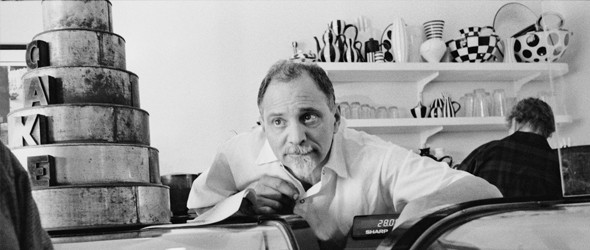Have you ever thought about turning something you enjoy, something you would do even if it didn’t make any money, into a way to make a living?
Who hasn’t?
Many people take a hobby they’ve been dabbling in for years, such as glass blowing, antique collecting, or dance exercise, and turn it into a full-time business.
If you’ve been making a little money on the side, the idea starts to sound tempting.
How do you know if it’s right for you?
What makes a good business?
It’s a big step from selling a few trinkets on consignment, for example, to selling enough to cover your living expenses.
Turning a hobby into a business must have all the following components to survive:
- A product or service that is in demand. Making jewelry by hand is very artistic, and friends and family may all admire your designs. The question is: Will enough people pay money for it?
- A plan for selling your product. Family and friends only go so far. You need to know how you will market and sell your goods and services, or you’ll soon have a very full basement. Don’t count on people coming to your house to buy things. Is that how you shop?
- A workable profit margin. New business owners often underestimate the amount they need to charge, just to cover all their expenses.
- Something to sell that doesn’t compete with foreign-made goods. Even if you worked for free, you can’t make products as cheaply as they can overseas. Yes, your work is probably better. Unfortunately, most consumers won’t notice.
Consider different angles of your hobby.
For example, it’s difficult to make a living making quilts. However, many people do well selling supplies, teaching classes, or providing longarm machine quilting services.
Are you the right person for this business?
Even with a great idea, you’ll have to run your hobby as a business. That involves a lot more than painting portraits or baking cupcakes.
You’ll be in charge of marketing, customer service, dealing with the government and taxes, and more.
In fact, you may be surprised how little of your time in the new business can be spent on your previous hobby.
You must have a high level of expertise to make your hobby into a business. You may have earned A’s in art class, but do your paintings stand out from the crowd?
No matter how good you are, you’ll need to be able to take criticism in the business world.
When you bake pies for friends, they love every bite. Paying customers are not always so charitable.
Do you have the high energy and time that it takes? It’s been said that an entrepreneur is someone willing to work 80 hours a week to avoid the 40-hour grind. There’s a lot of truth to that.
Perhaps the biggest factor is whether you can afford to start a business.
Too many businesses were based on great ideas, and run by competent owners, but they never make it because there wasn’t enough money to get started and to give the business time to grow.
It helps if you have a spouse who can bring in the steady paycheck, or if you have savings to tide you over.
Avoid these mistakes
The fastest way to kill your hobby – not to mention your finances – is to impulsively quit your job and expect your hobby to pay its way without doing enough research and planning first.
Consider test marketing your goods or services before you make the leap.
Don’t try to run a secret business – one without business licenses, permits, permission from the homeowner’s association, and so on. It doesn’t work.
Think hard before you start a partnership, at least with anyone other than your spouse. We’ve seldom seen a small business partnership end well. It’s usually better for one person to be clearly in charge.
If it starts to sound like your hobby is turning into hard work, keeping it as a hobby may not be so bad.
After all, if your hobby becomes your business, what will you do for fun?
TaxAct makes preparing and filing your taxes quick, easy and affordable so you get your maximum refund. It’s the best deal in tax. Start free now or sign into your TaxAct Account.
Photo credit: Mark Nye, Club of Human Beings via photopin cc





